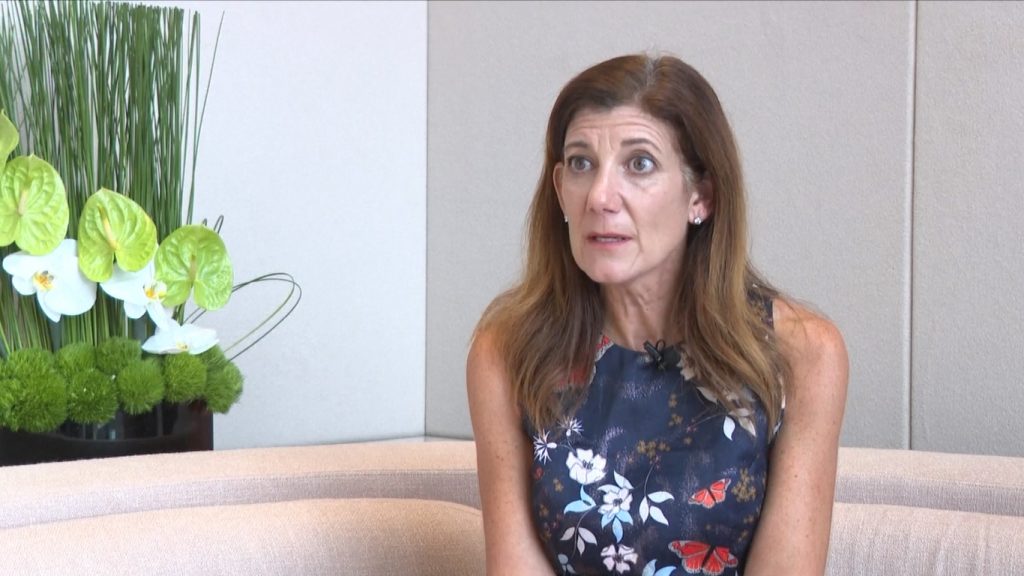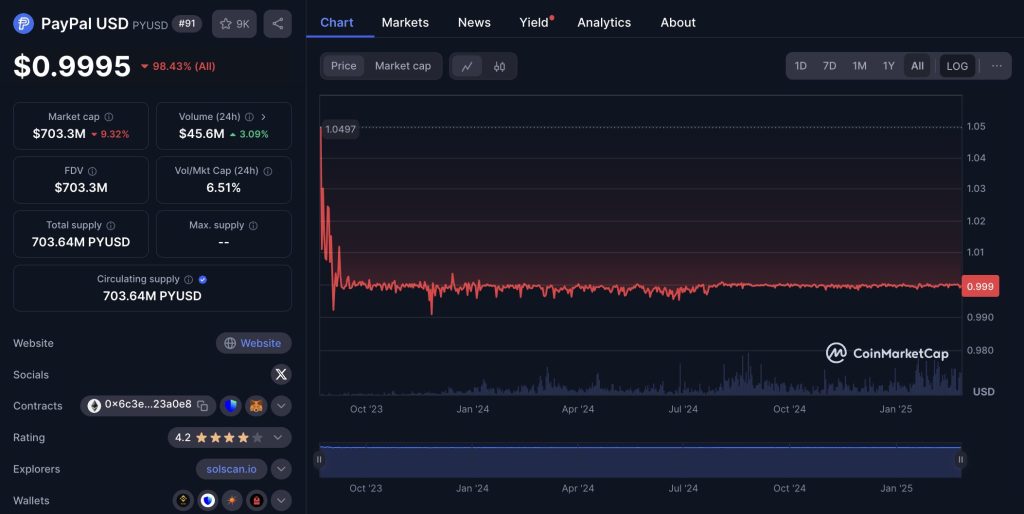Key Points:
- PayPal plans to integrate PYUSD by 2025, supporting 20 million merchants.
- Hyperwallet enables efficient payments to contractors through a unified platform.
- PYUSD simplifies international transactions with reduced conversion fees for merchants.

PayPal plans to expand PYUSD stablecoin integration across its product lineup throughout 2025, aiming to serve over 20 million merchants through a unified payment platform. The initiative focuses on streamlining international transactions and reducing costs through Hyperwallet integration for mass payments.
This tactical expansion promises enhanced efficiency for cross-border commerce while maintaining regulatory compliance through collaboration with Paxos Trust Company. The extensive approach suggests considerable implications for global digital payments.
PayPal Targets 20M Merchants with PYUSD Rollout in 2025
PayPal is reportedly expanding the integration of its stablecoin, PYUSD, across its platform, aiming to provide a seamless transaction experience for merchants and vendors. The company plans to offer PYUSD as a payment option for over 20 million small-to-medium-sized merchants by the end of 2025, facilitating vendor payments through its upcoming bill-pay product.
According to Michelle Gill, general manager of PayPal’s small business and financial services group, the initiative seeks to streamline cross-border transactions, reducing friction and eliminating currency conversion delays.

“A lot of the payments we’re expecting are going to be cross-border because merchants in the U.S. are seeking to pay vendors and suppliers abroad,”
Gill said in an interview with Bloomberg during PayPal’s investor day.
PayPal completed its first business transaction using PYUSD in 2024. The stablecoin pegged to the U.S. dollar, is designed to offer stability and efficiency in digital payments. Additionally, PayPal is integrating PYUSD into Hyperwallet, a mass payment service for contractors and freelancers.
The company, which acquired Hyperwallet in 2018 for $400 million, plans to enable PYUSD payouts by mid-2025. By the end of 2025, merchants will also be able to settle PayPal checkout transactions in cryptocurrencies.
PayPal CEO Alex Chriss emphasized the importance of making blockchain technology practical for payments. “We’ve been talking about blockchains for like a decade now — the concept of these things never becomes real until you actually can start to spend it,” Chriss said in an interview with Bloomberg.
PYUSD Hits $1B Milestone Amidst Fierce Stablecoin Competition
PYUSD reached a $1 billion market cap in August 2024, supported by its expansion to the Solana blockchain, which has boosted its adoption. However, the stablecoin faces competition from established players like USDT (Tether) and USDC (Circle).
In comparison:
- PYUSD’s 24-hour trading volume ranges from $44.9 million to $46.7 million, with a market capitalization of approximately $695 million.
- USDC has a market cap exceeding $55 billion, with daily trading volumes often surpassing $12 billion.
- USDT, the largest stablecoin, has a market cap above $140 billion and daily trading volumes exceeding $130 billion.

PayPal Offers Stability with Paxos-Issued PYUSD Stablecoin
PYUSD is issued by Paxos Trust Company, a New York State Department of Financial Services (NYDFS)-regulated trust company. Paxos ensures that PYUSD is backed 1:1 with U.S. dollar reserves, including U.S. Treasuries and cash equivalents.
The NYDFS oversight mandates full reserve backing, regular audits, and compliance with regulatory standards to maintain transparency and trust.
PayPal has integrated Bitcoin, Ethereum, and other cryptocurrencies since 2020, marking a shift toward digital asset adoption. However, its focus on stablecoins like PYUSD reflects a move toward greater stability and practical payment use cases.
| DISCLAIMER: The information on this website is provided as general market commentary and does not constitute investment advice. We encourage you to do your own research before investing. |























